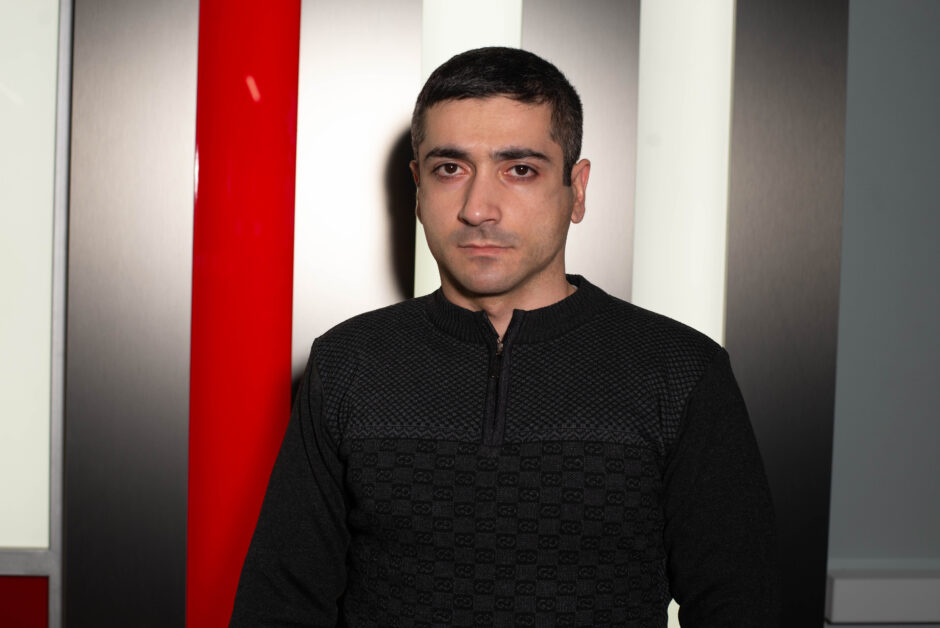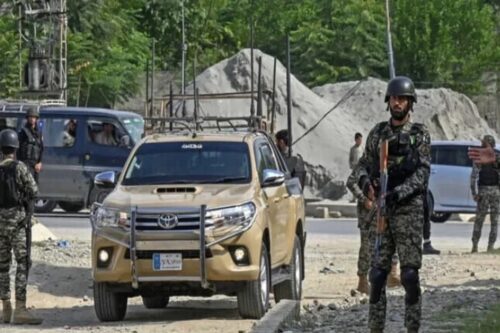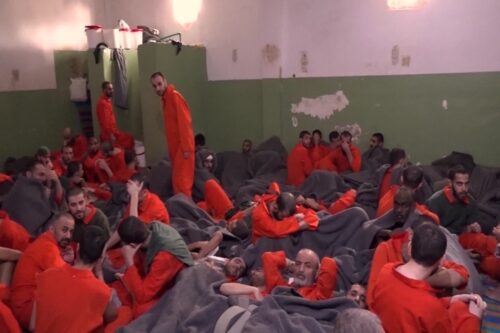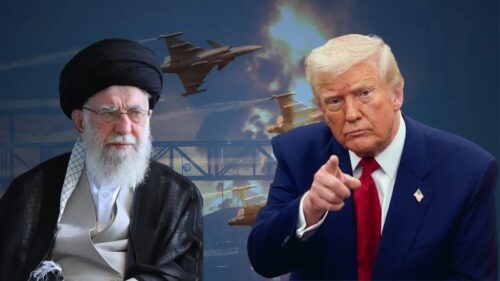
The underlying reasons for the tense relations between Armenia and the CSTO
In order to dispel the concerns of the Armenian side regarding the CSTO, Moscow proposed holding interstate departmental discussions. Russian Foreign Ministry Spokesperson Maria Zakharova said this.
Not long ago, Nikol Pashinyan was sabotaging the activities of the CSTO in different ways, by not attending the summits of the organization and not signing the decisions taken by the Security Council. The Armenian authorities, starting with Pashinyan and ending with officials of various calibers, have repeatedly accused the CSTO and Russia in particular of failing to meet their duties.
All these processes proved that there is a serious crisis in the relations with Armenia on the one hand, and CSTO and Russia on the other. It became even more obvious when Nikol Pashinyan said in an interview to France 24 that the Collective Security Treaty did not come into force with regard to Armenia; therefore, Yerevan has practically frozen its membership in this international organization.
Judging from the deliberate steps taken to discredit the CSTO and Russia, some theorists believe that the current authorities intend to draw Armenia out of the Russian sphere of influence. Some pro-Western analysts, in turn, come out in support of these processes, noting that Armenia needs more reliable partners, such as NATO and the EU, while the CSTO and Russia have an anti-Armenian position and do not meet their obligations. However, a question arises as to what obligations they mean? Regardless of whether the given state is a CSTO or a NATO member, first of all, that state itself is responsible for its borders, and then the international organization to which the given state is a member. If a state refuses to fight to protect its territories, the international organization to which that state is a member does not have to do that. The Falklands War comes to prove this. When Argentina invaded these islands belonging to the U.K., NATO and the U.S. provided material assistance to the U.K. But, the Falkland Islands were liberated solely by the British Armed Forces. If the U.K. had encountered difficulties, NATO might have sent a certain number of rapid reaction forces there. However, the islands belonged to the U.K.; therefore the greatest burden of their liberation had to be borne by London. But what is the case with Armenia? When Azerbaijan invaded the territory of Armenia and occupied the eastern bank of Lake Sev and a number of high grounds, the man occupying the prime minister’s seat said that he was not going to wage a war for a few “frozen peaks” and some “black water” (meaning Lake Sev). In addition to this, there were a number of other, incompetent statements. But this alone is enough for the CSTO to have a legitimate right not to interfere in the Armenian-Azerbaijani armed conflicts.
There is also a widespread opinion, according to which leaving the CSTO can be a good decision in itself, if, of course, the Armenian authorities carry out a non-aligned policy after that. Supporters of this viewpoint believe that non-alignment will help Armenia not to get involved in a conflict of opposite geopolitical poles and to maintain neutrality. It should be noted that this is an outdated approach, as the current global processes, regardless of our desire, are going to touch our country. And, it is for this reason that small and successful countries that used to pursue a non-aligned policy, such as Sweden and Finland, now actively follow a bloc policy. Only by belonging to this or that bloc and by having allies, one can resist the increasingly complicated international political processes. And from this perspective, currently Armenia’s membership in the CSTO is reasonable and important, if only because of having a certain source of weapons at low prices.
According to some political scientists, the current authorities of Armenia have no intention of leaving the CSTO. To prove their point of view, they state the CSTO Secretary General’s words that the organization has received no letter from official Yerevan regarding the country’s membership resignation. The Secretariat also thought that the freezing by Armenia might mean non-participation in the activities of the organization. Considering this statement, analysts note that most CSTO countries simply do not want to take sides in the Russian-Ukrainian war or the global conflict between the West and Russia. In fact, Armenia is not an exception. This behavior of the Armenian side can be explained by the fact that Yerevan is trying to stay away from such discussions and to evade responsibility even by sabotaging CSTO meetings and decisions. However, it should be noted that these claims raise questions, because Armenia, continuing its membership in the CSTO, cannot completely stay away from the existing processes. After all, if issues are raised in the CSTO, Armenia cannot endlessly avoid expressing a position. The only explanation to this behavior of the Armenian authorities can be that Pashinyan is simply engaged in primitive political dealings to find guarantors for the continuity of his power. Nikol Pashinyan is now looking for guarantors in the West in order to keep his power, now shaky in the wake of the 44-day war. But it is not excluded that after being used there and thrown away, Pashinyan may become staunchly pro-Russian, and start looking for guarantors here. That is the reason why Pashinyan purposefully discredits the CSTO, but does not take practical steps to stop Armenia’s membership in the organization. People there in the CSTO realize this as well, which is why the leaders of the member states of the organization have not been harshly critical of Pashinyan.
Thus, Pashinyan has the opportunity to sell the interests of Armenia to everyone, and this is beneficial to everyone, except Armenia. It is beneficial for the West, because thus it will be able to use Armenia as a bargaining chip. While Russia and the CSTO, taking advantage of this behavior of Pashinyan, manage to shirk their duties to Armenia without undermining their authority. After being used by the West, Armenia, now more servile and disenfranchised, will have to survive in the political blocs led by Russia.
Ashot Barekyan


